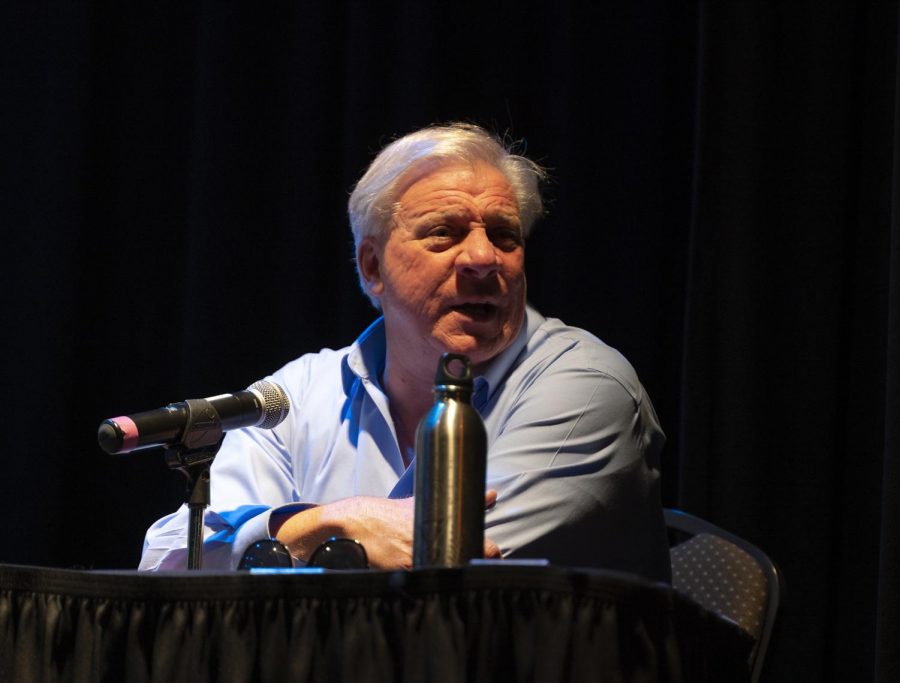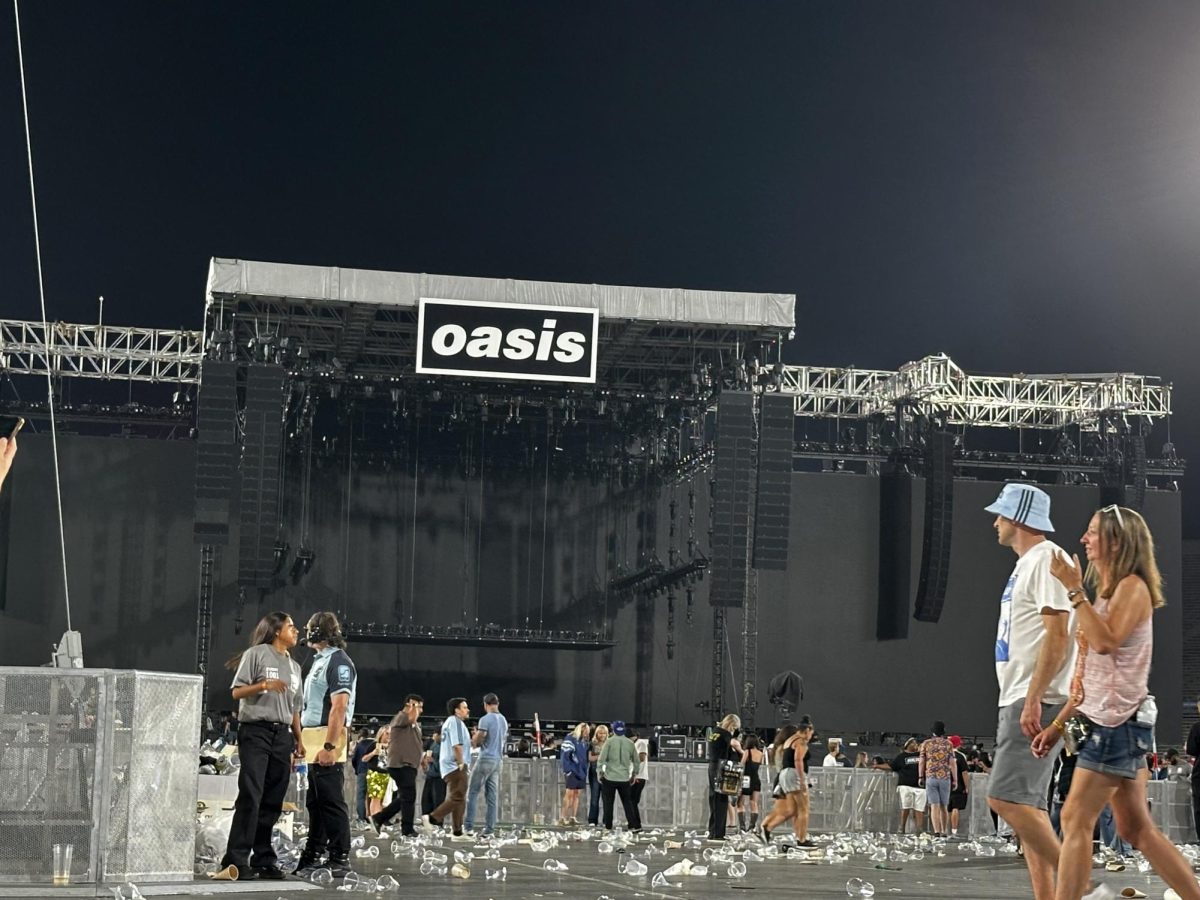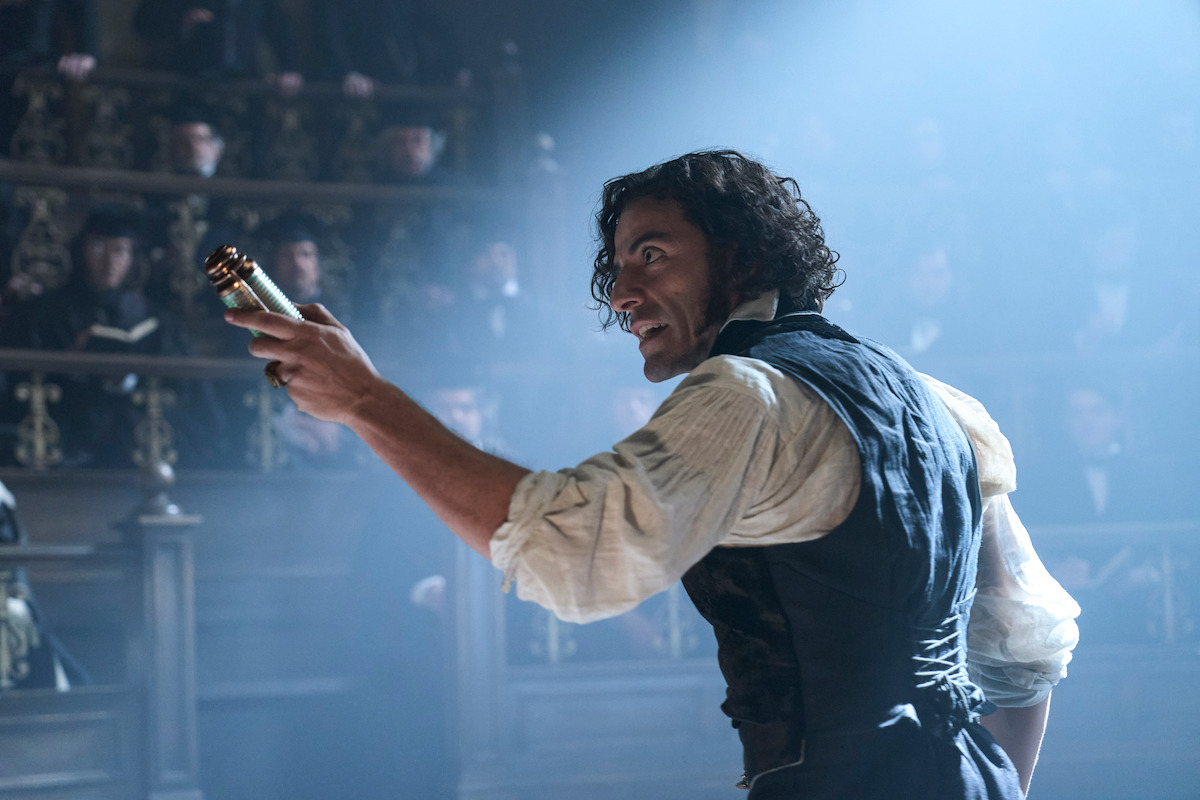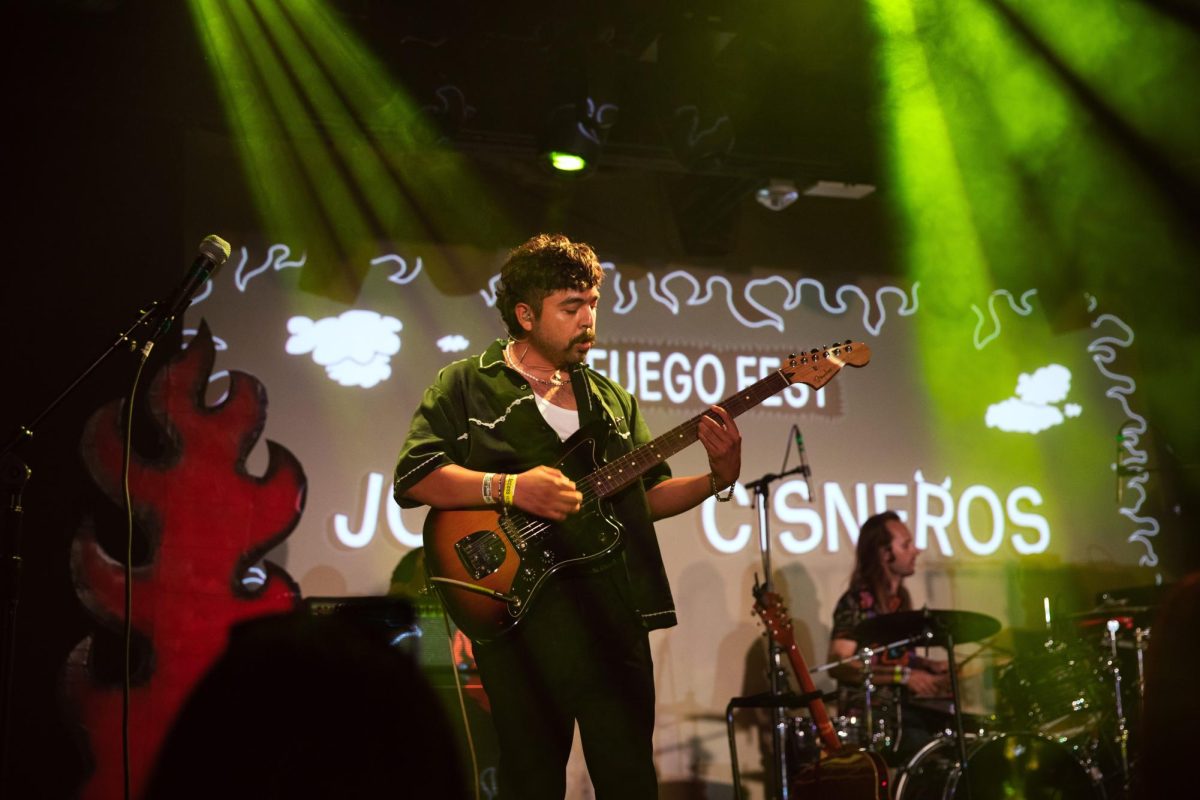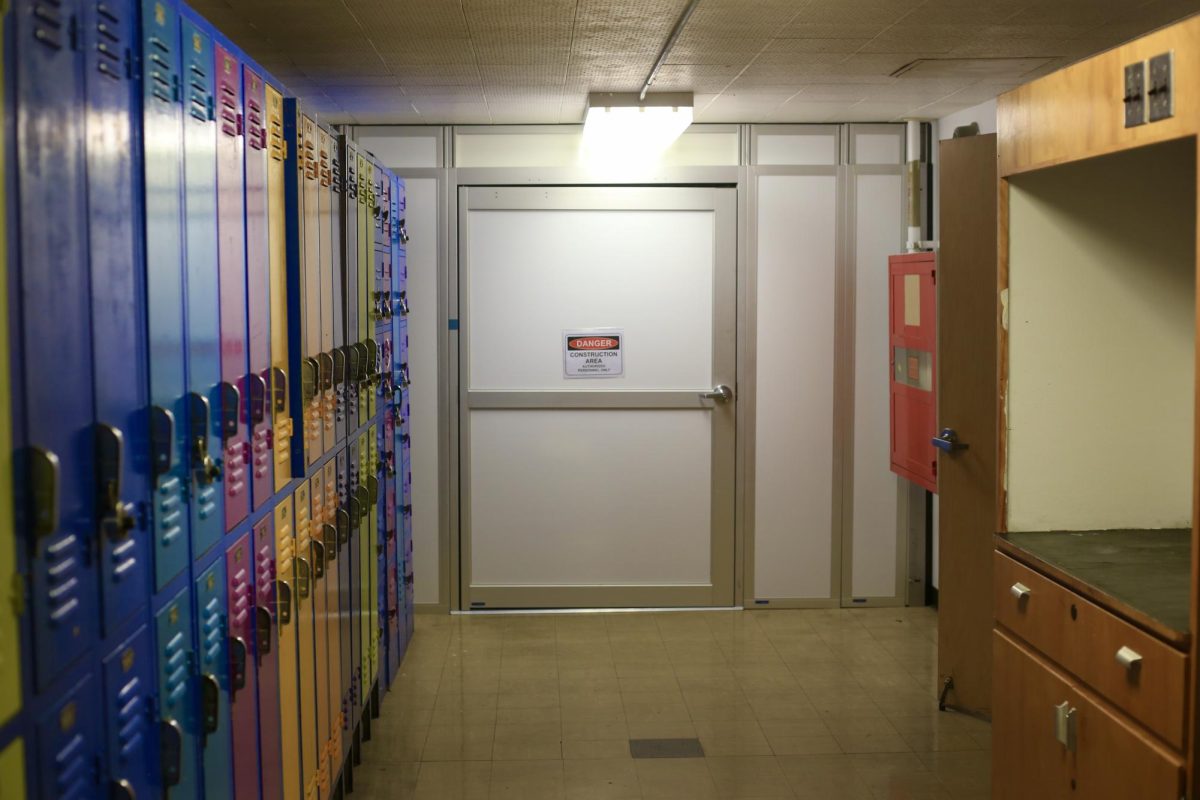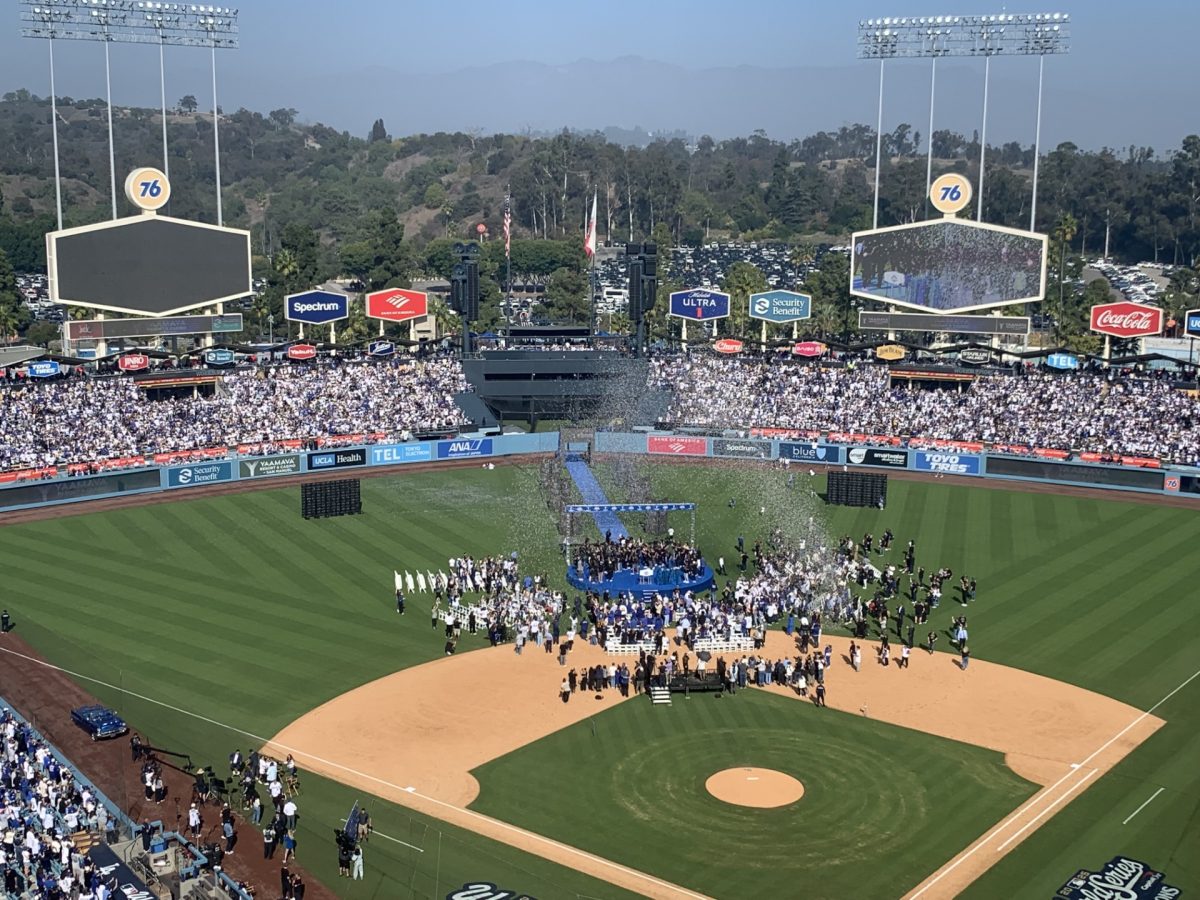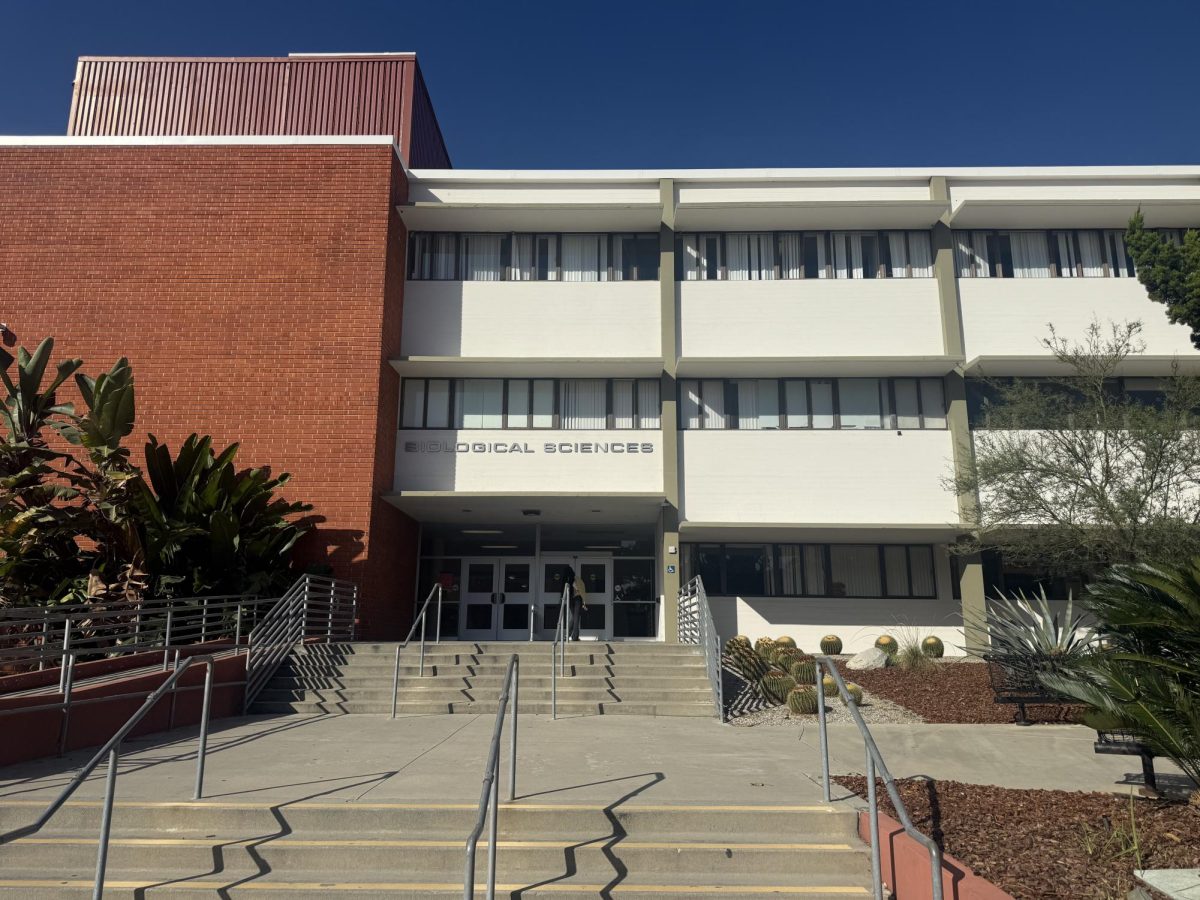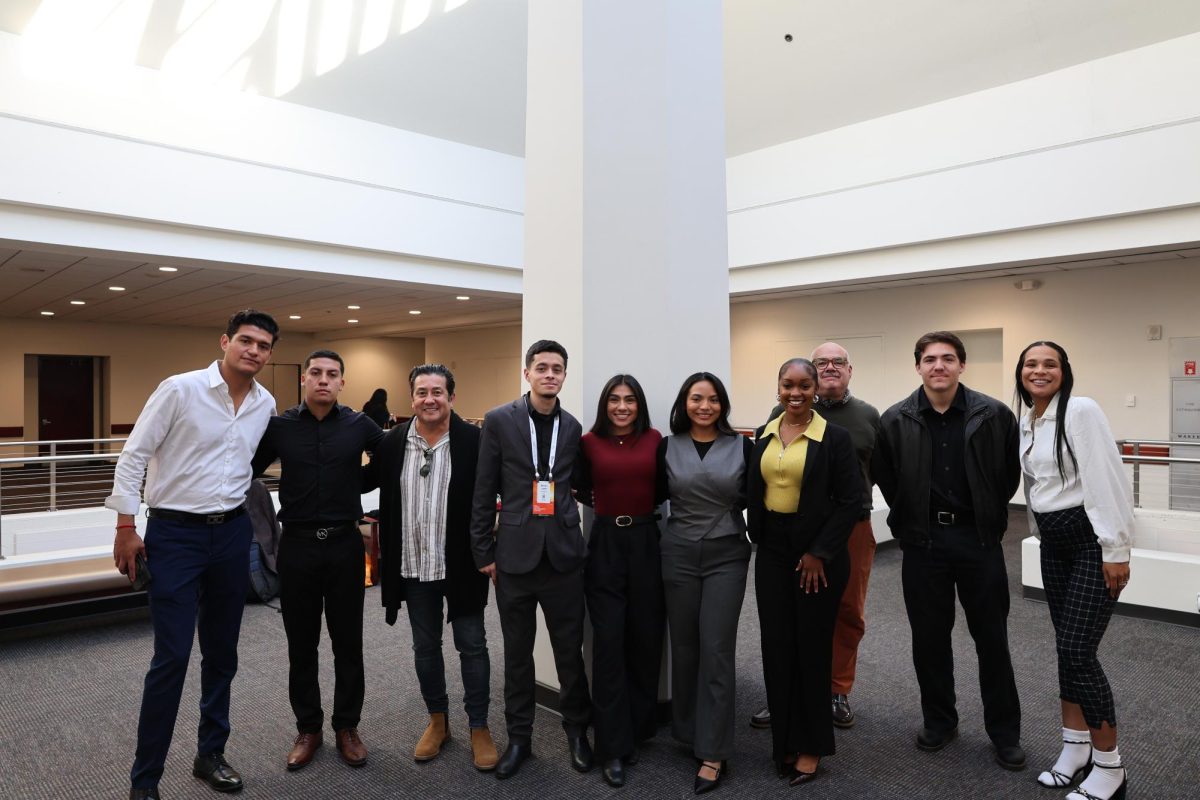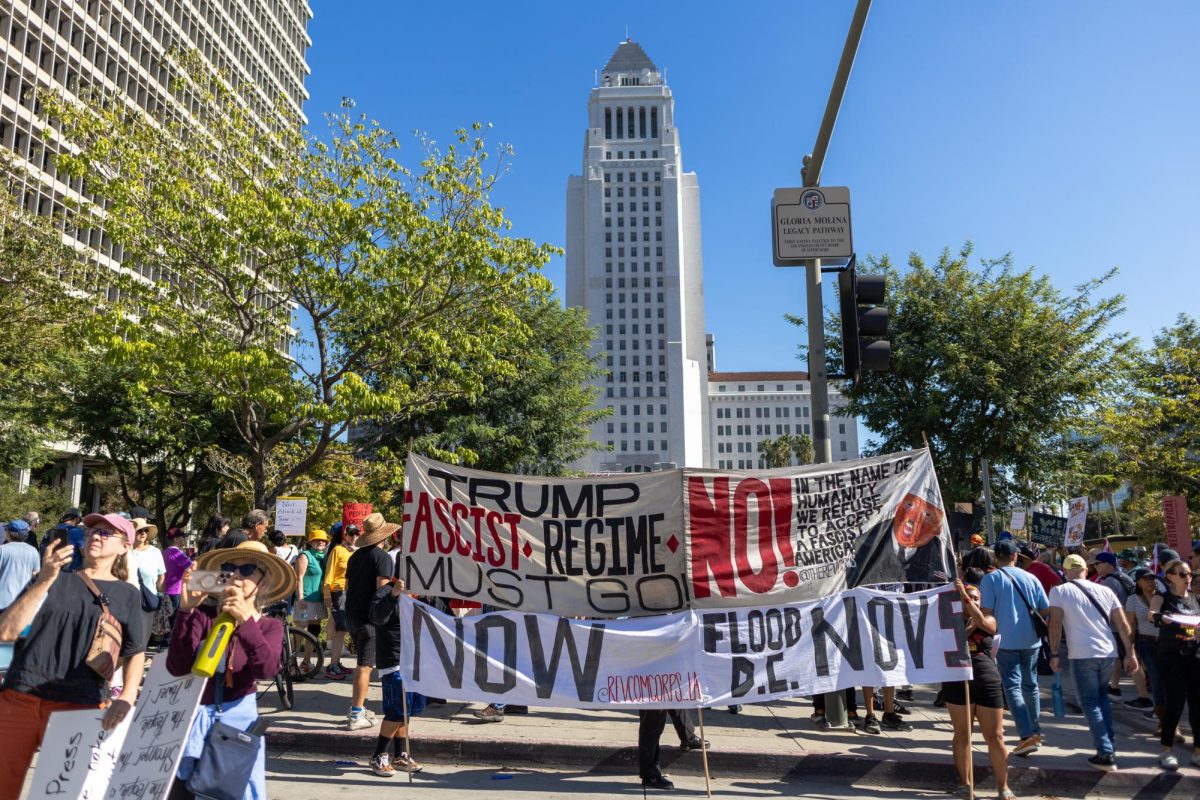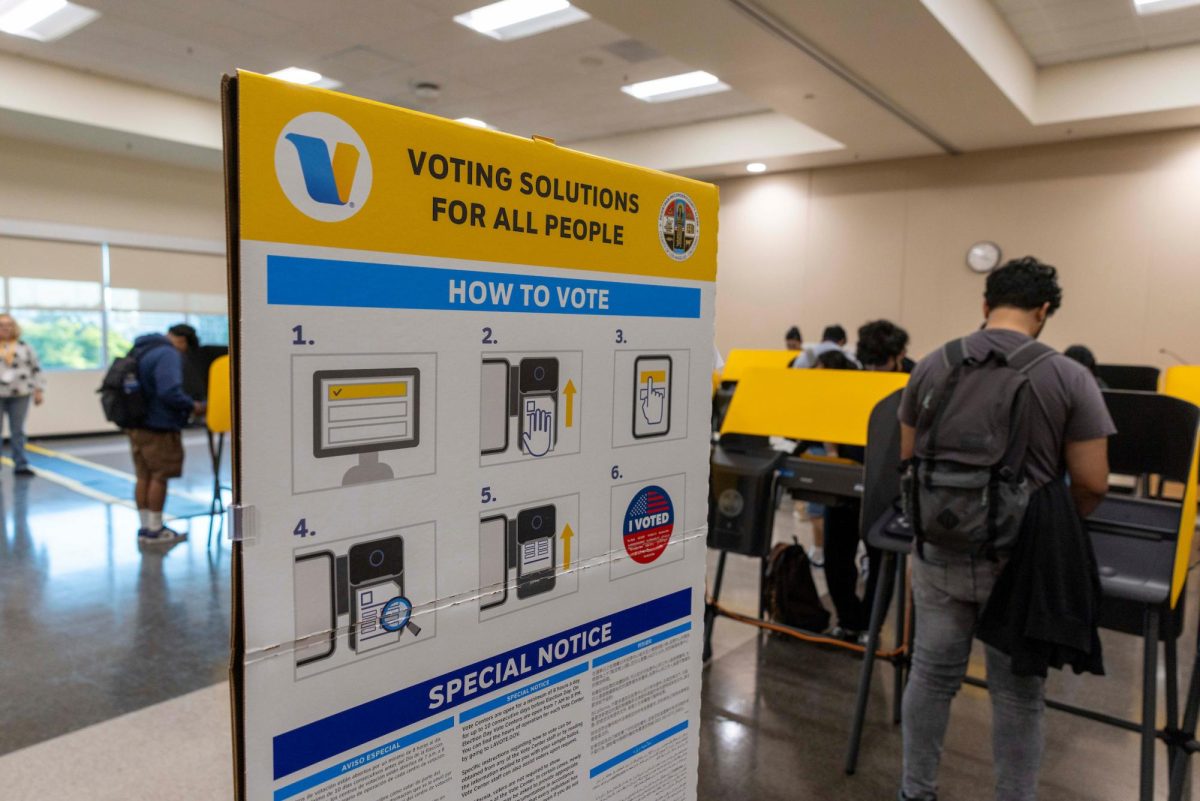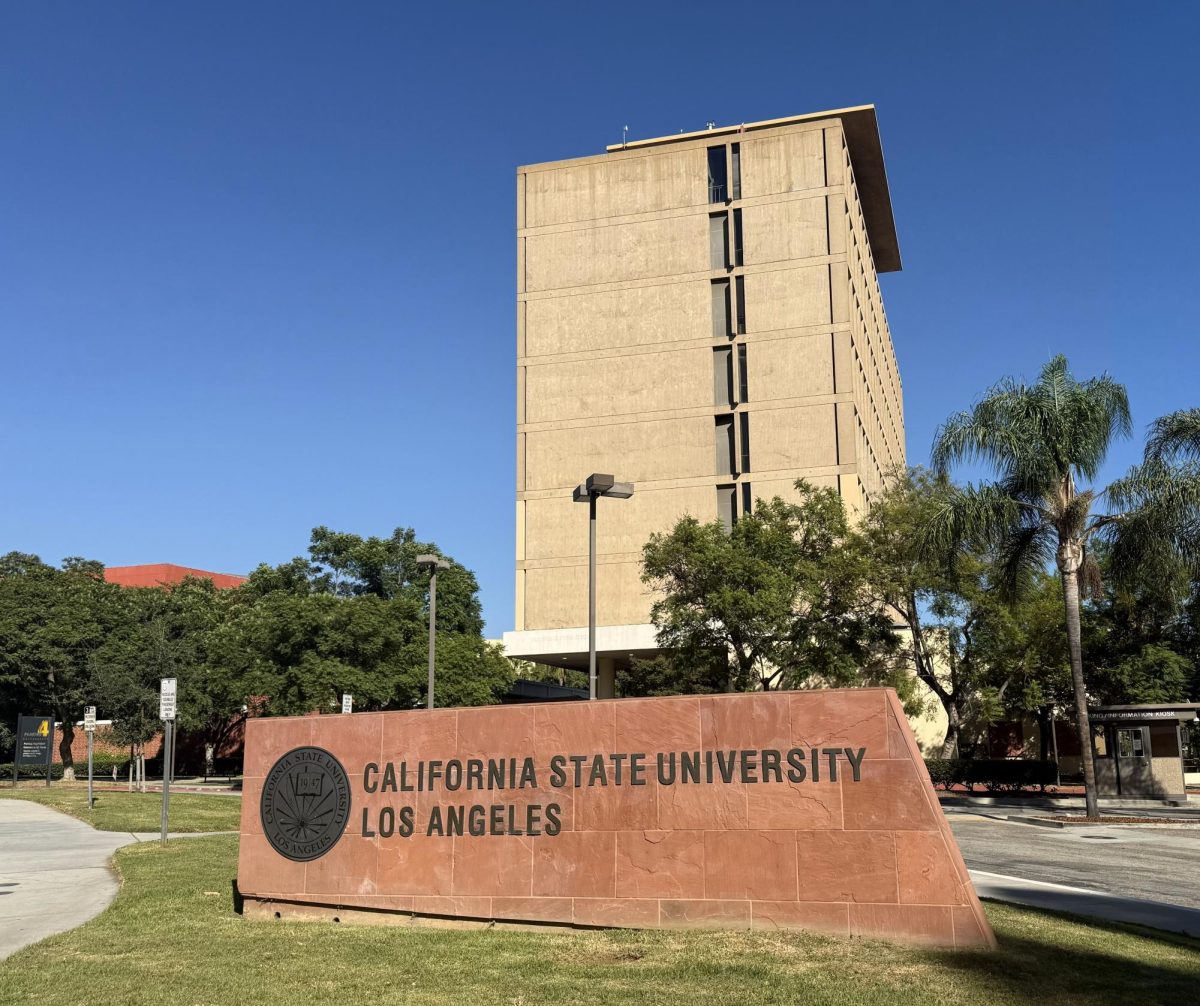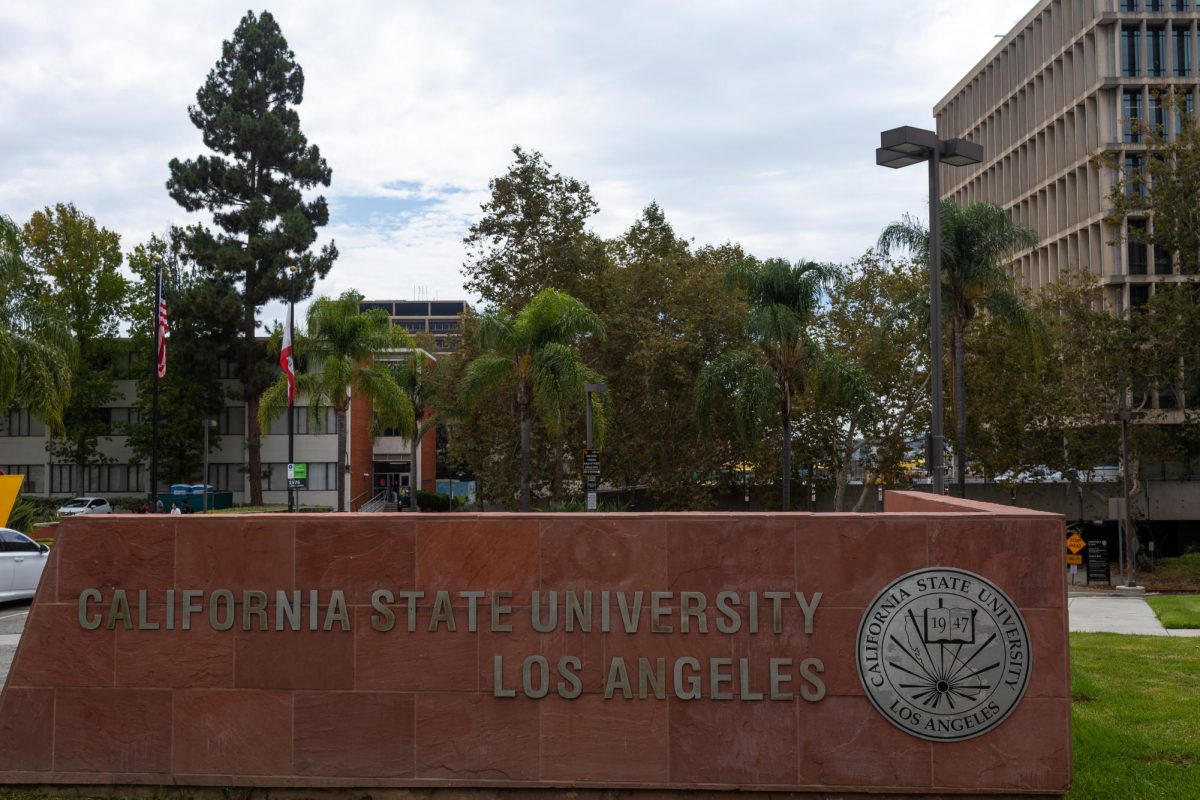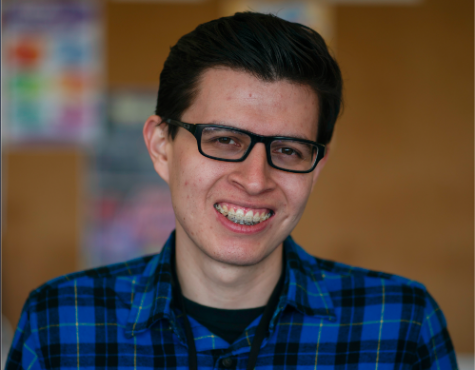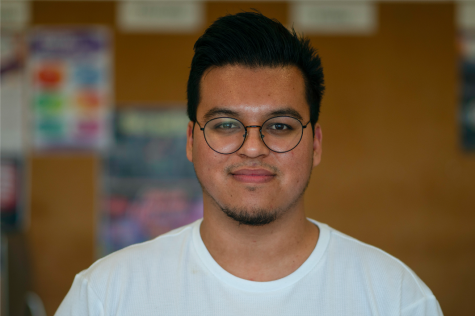The primary and caucus season commenced earlier this month in Iowa then New Hampshire. In the meantime, some Golden Eagles await the Golden State primary on March 3 as part of “Super Tuesday,” in which several other states also participate in the nomination process.
In anticipation of that, a packed U-SU theater hosted “The California Primary: What’s at Stake?” panel hosted by the American Communities Program on Thursday.
“I was delighted to see a packed theater, which shows that students are really engaged in the issues and interested in voting, in the campaigns, and the primaries and the upcoming elections,” said Maria Karafilis, the director of ACP and an English professor, shortly after the event concluded.
The event resonated with students such as Leiza Castillo, an English graduate student who’s taking a course taught by Karafilis.
“This has been a great event and it has just helped me become more informed,” said Castillo. “Hopefully I get actual confidence in what I vote for [in the primary],” she added. While Castillo learned more about the race, she said she was uncommitted to a candidate at the time of her interview.
Indecisiveness is a common occurrence in this race among voters. According to exit polls from the New Hampshire primary, the most recent contest, “About half of Democratic primary voters said they only decided whom to support in the last few days,” reported the Washington Post.
The panel’s moderator, Christopher Endy, a professor of history, said his mother was one of those indecisive voters in New Hampshire.
“She and her friends, they usually know who to vote for months in advance or at least weeks in advance, [but] they were all unsure how to vote” even on the morning of the primary, Endy said in his office after the event.
Taylor Dark III, a political science professor, began his talk explaining the delegate and nomination process for the Democratic party.
He explained that for a candidate to win the nomination, they must win the majority of 3,979 pledged delegates, leading up to the Democratic National Convention in summer. Delegates are awarded at each state primary or caucus, with the number of delegates proportional to its respective state population. However, if no candidate holds a majority that leads to a “contested convention.”
It’s at that point, so-called “superdelegates” are called in to tip the scales, said Dark. The superdelegates include past presidents such as Jimmy Carter. They have the right to vote for who they think is best suited to be their nominee. They can select someone that wasn’t even running such as Al Gore but that’s unlikely to happen, he said.
While the race is a multi-faceted topic, even if just focusing on California, the panel largely focused on Sen. Bernie Sanders. Dark juxtaposed Sanders’ potential path to victory to that of Trump in 2016. In that year, the Republican party had a crowded field of candidates similar to this year’s Democrats.
Trump won by non-majority margins in the early primaries, but it was enough to give him momentum and media coverage. As he progressed to later states, he earned a higher percentage of votes and ultimately more delegates. What aided him was other candidates not dropping out, spreading Trump-alternative votes thin among multiple candidates. Sanders may win the nomination in similar fashion, said Dark.
In an interview, Dark was uncertain but cautiously said “it’s somewhat safe” to say Sanders will win California. The presidential hopeful has financially invested a lot in the state and engaged strongly with young people and Latinx people. Dark added things could still change if more candidates drop out, allowing a Sanders opponent to surge.
The second panel member, Cheryl Koos, a former Cal State LA history professor (now a faculty member at Cal State Dominguez Hills), compared the populism of Trump and Sanders.
While Endy was the moderator, he also spoke in substitution for an absent panel member. He reminded the packed theater that other races were on the ballot come this March. Specifically, local matters such as the District Attorney race along with Proposition 13, a ballot measure involving university bonds.
At the conclusion of the speakers’ remarks, a Q&A followed, inviting audience participation. The first question asked was, “How do you think that the election will affect students of color?”
“Well it all depends on who wins,” responded Dark.
While California alone has over 400 pledged delegates, the most of any state, according to Business Insider, Dark was skeptical the state alone would drastically affect the direction of the race.
He pointed out that Texas has a lot of delegates, which is also part of Super Tuesday. He added, “It doesn’t really matter. You can accumulate a lot of delegates from smaller states and put them all together.”
Karafilis felt different about the role of the largest state in the country during the primaries.
“I think it’s an opportunity for California to have a bigger impact” this year compared to its June 2016 primary, said Karafilis. “I think that’s great because it’s a much more diverse state than most of the others that hold early primaries and caucuses.”
Dark said it was important to vote as it can affect policy involving college tuition, taxes and the protection of civil rights.
“Some people like to say, ‘Oh, it doesn’t change anything.’ Well, what do you want?” he asked rhetorically. “You want to have everything in your day-to-day life overthrown and transformed every time we elect a different president? I mean, it doesn’t work that way, nor should it work that way.”
As part of California’s primary, Cal State LA will be the site of a voting center, open days in advance for early voting. Those who receive mail-in ballots may still drop off their ballot in person at voting centers, something that Castillo plans on doing at the one on campus.
“The atmosphere in actually going to a voting center is amazing,” said Castillo. “Just mailing ballots is just like an isolated event but having the entire community come out, it really is a representation of American democracy at work.”
In the earliest days of the country, “voting was often a party,” involving bonfires and whiskey, said Endy. “Now, I’m not expecting necessarily, whiskey and bonfires outside JFK library but there is a good chance for more of a kind of celebration of voting and more engagement.”

